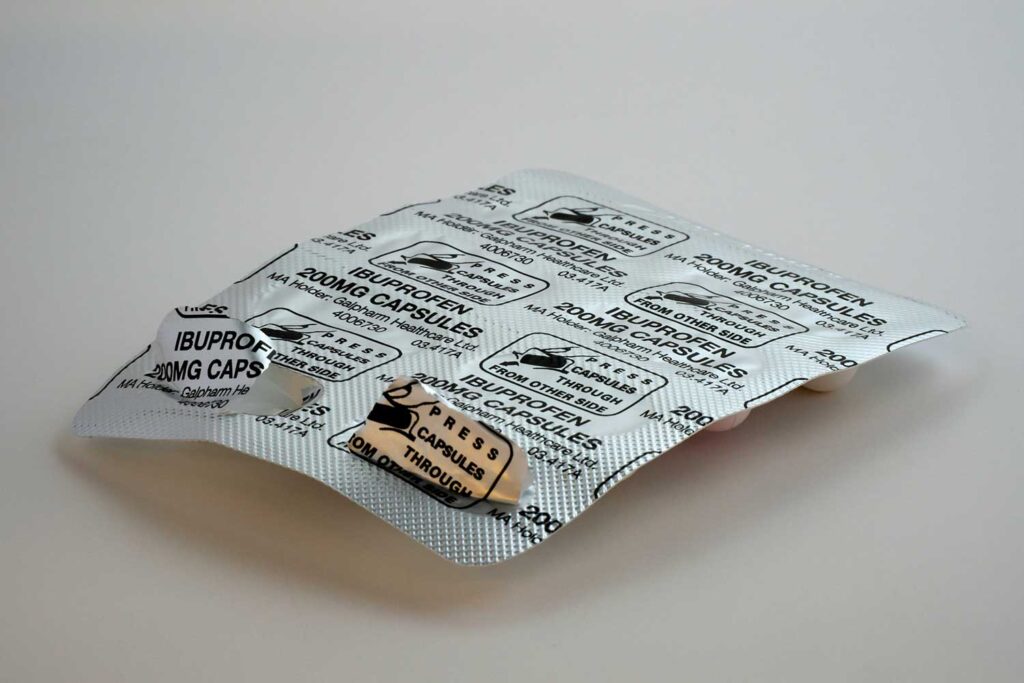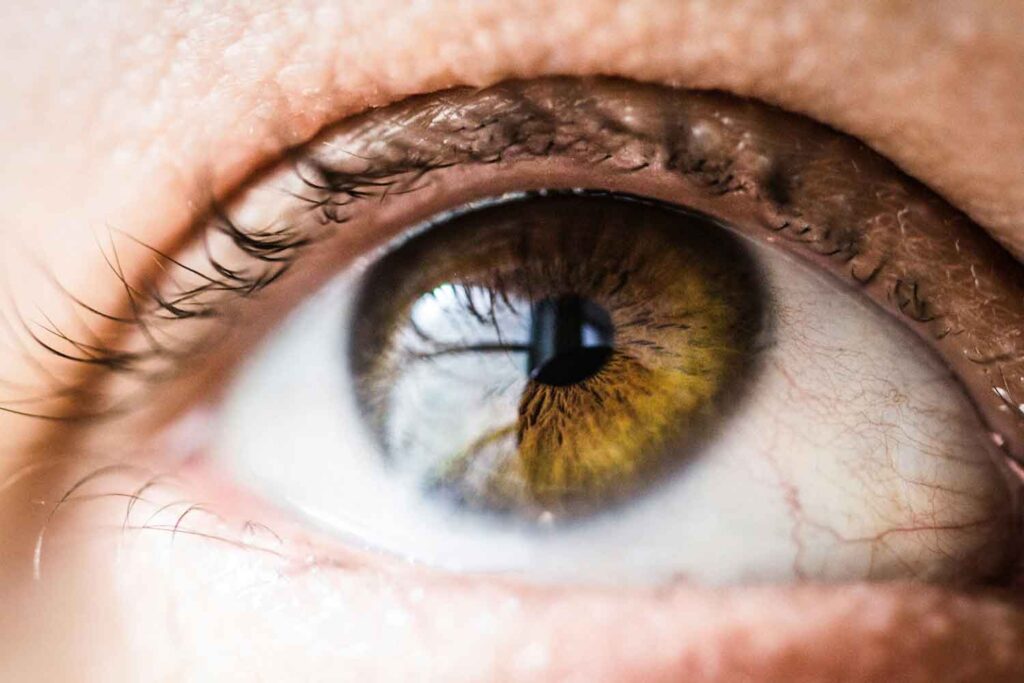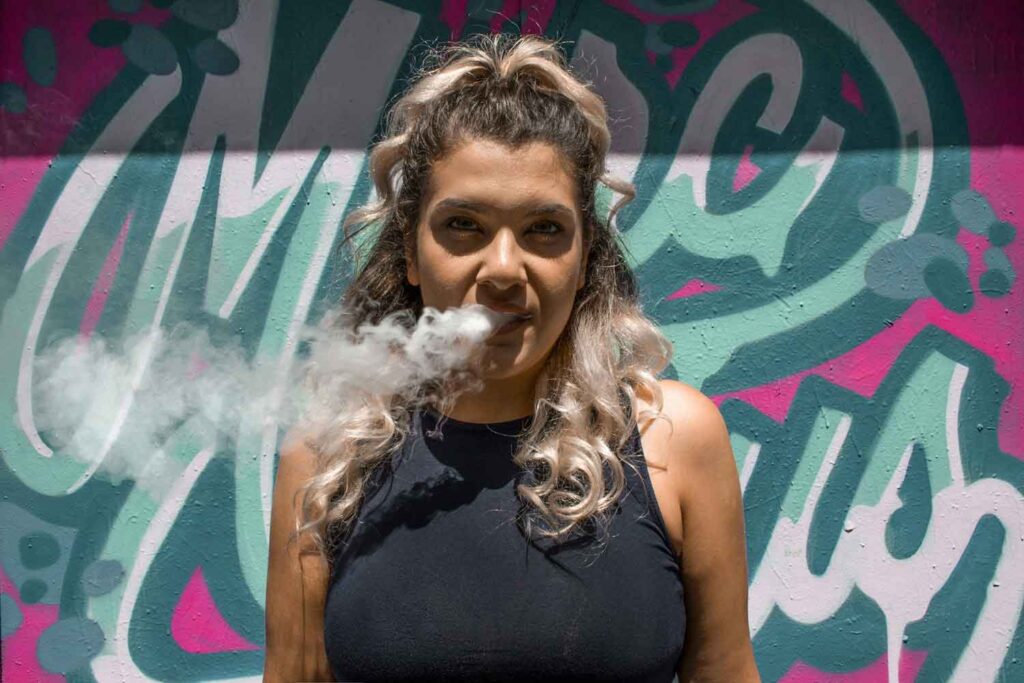Why Blackout Tattoos Are a Bad Idea

Tattoos are a wonderful form of self-expression. However, they all carry some amount of risk. Usually, if you get your tattoo done by a professional in a clean space, most of those risks are minimal.
However, blackout tattoos have an elevated risk, no matter where you get them done.
In addition to that, not only might you ruffle feathers, it can cost you a lot. Here are the reasons why blackout tattoos are a bad idea.
Photo: Unsplash
What are Blackout Tattoos?
Before we go into the reasons why blackout tattoos are a bad idea, let’s talk about what they are.
Blackout tattoos are opaque tattoos done with black ink (of course) that cover a significant portion of your skin. People get them on their arms, legs, back, and other areas.
According to Teen Vogue, blackout tattoos were popularized by the tattoo artist Chester Lee.
People get blackout tattoos for all sorts of reasons including covering up old tattoos. One “good thing” about blackout tattoos are, according to Byrdie is the healing time. Byrdie says that blackout tattoos take two weeks to complete a majority of their healing and 6 months to be fully healed.
Byrdie also mentioned that they’re pretty easy to remove via laser for those who may need that option.
They said, “The good news is that black ink is the easiest for lasers to remove, so you don’t have to be concerned about the darkness of the pigment.”
Risks of Blackout Tattoos
Many doctors have stated that blackout tattoos are pretty risky. All tattoos run the risk of being infected. Remember, tattoos are pretty much a wound when they’re fresh. That’s why it’s super important to do your tattoo in a clean tattoo shop with sterile equipment.
In addition to that, tattoos can become infected if you go swimming too early after you get inked. You can also get an infection if you don’t take care of your tattoo properly during the healing process.
Getting a tattoo can also result in certain diseases such as Hepatitis B or HIV. However, getting your tattoo done in a sterile environment by a profession, usually minimizes these risks.
In addition to those risks, blackout tattoos can:
- Expose you to harmful compounds
- Hinder skin cancer diagnosis
Here’s what we mean.
Expose You to Harmful Compounds
Howard Sobel, MD, NYC dermatologist and founder of DDF Skincare told Teen Vogue that there are many compounds in dark ink. The compounds are also not that great.
For example, Sobel mentioned:
- Titanium dioxide
- Lead
- Nickel
- Chromium
In addition to that, Sobel told Teen Vogue that some of the ink is actually industrial grade. Yup, they’re using that same ink on cars.
You might be wondering what the big deal is anyway.
Sobel explains that the ink can leak into your bloodstream. Large amounts of ink leaking into your bloodstream can cause:
- Allergic reactions
- Skin rashes
- Inflammation in the tissue
Hinder Skin Cancer Diagnosis
If you have a history of skin cancer in your family, maybe sit out a blackout tattoo.
Sobel told Teen Vogue that dermatologists would have difficulty identifying cancer. Color is important but if the area in question is under a blackout tattoo it will be hard to diagnose.
Sobel said, “With such large, dark tattoos, it’s very difficult for a physician to distinguish between a normal mole and one that’s abnormal — or even melanoma.”
Melanoma is a form of skin cancer and according to Teen Vogue, the second most common cancer in the 15-29 years old age group.
Other Reasons Why Blackout Tattoos are a Bad Idea
If the threat to your health doesn’t scare you, maybe these reasons may give you pause.
- Blackout tattoos are seen by many as a form of cultural appropriation – That’s because they darken a large part of your skin even though dark skin is often demonized on those who naturally have it.
Elisheba Mrozik, an award-winning tattoo artist told Byrdie, that she believes it’s cultural appropriation. She also said, “Ignorance of something does not excuse people from its consequences. In the end, it is your body … but that doesn’t mean the societal affect/reaction will align with yours.”
It would be cultural appropriation if the person getting the tattoo isn’t naturally dark-skinned.
- Blackout tattoos are pretty expensive – Byrdie says you can expect to fork out, on average, between $100 to $300 per hour for a blackout tattoo. While those prices are the norm, other tattoo artists charge more. In addition to the cost of the tattoo, you have to factor in transportation and tip.
- Removal of blackout tattoos can be expensive – Yes, black ink is easier to remove but Byrdie says removal needs more sessions. Regular tattoo removal may need between 3 and 8 sessions to disappear. However, blackout tattoo removal may need about 15 sessions.
Conclusion
Even though blackout tattoos may be appealing to some people, there are many risks and cons associated with them.












